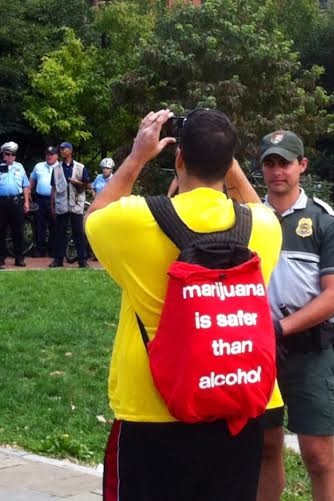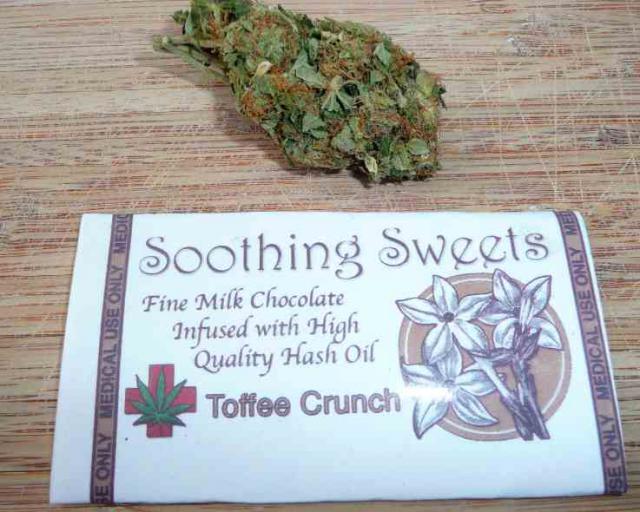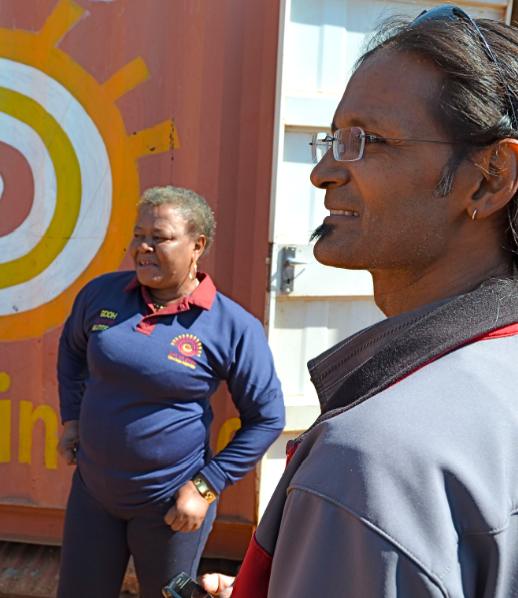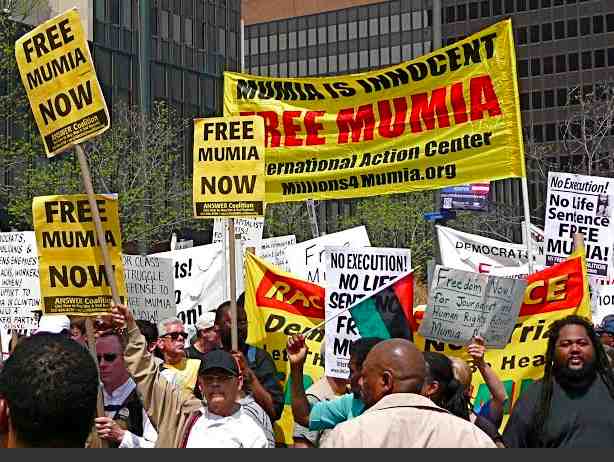The spirited protest outside the front door of the New Jersey Statehouse in Trenton, where nearly 150 demonstrators bashed NJ Governor Chris Christie for scandalous obstruction of the state’s medical marijuana law, featured the presence and participation of the youngest offspring of two of the most legendary stars in reggae music history.
That 4/20 demonstration against Christie’s restrictive implementation of NJ’s medical marijuana law and against the governor’s opposition to legalization or even decriminalization of marijuana, included remarks by Makeda Marley, the youngest daughter of reggae legend Bob Marley and by Jawara McIntosh, youngest son of reggae luminary Peter Tosh.
Marley and Tosh, members of the immortal ‘Wailers’ reggae band, were both vocal advocates for marijuana. Both men integrated their support for marijuana into their song lyrics, as in Tosh’s 1976 hit, “Legalize it!’ Marley and Tosh practiced the Rastafarian religion, which embraces the spiritual use of marijuana.
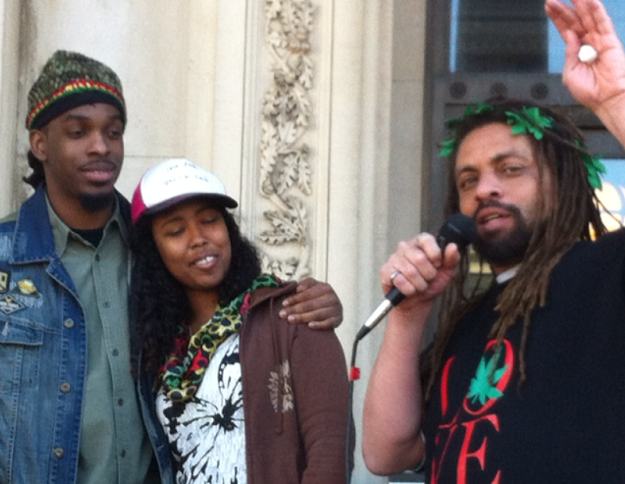 Jawara McIntosh, Makeda Marley and Ed ‘NJ Weedman’ Forchion, at a 4/20 marijuana legalization protest in Trenton, NJ (photo by Washington)
Jawara McIntosh, Makeda Marley and Ed ‘NJ Weedman’ Forchion, at a 4/20 marijuana legalization protest in Trenton, NJ (photo by Washington)
“It’s time to stop the hypocrisy,” Jawara McIntosh said after singing a few verses of his father’s still popular “Legalize It.”
“It’s Ok to smoke cigarettes that can kill you but you can’t smoke marijuana that can heal your body and spirit,” McIntosh said, adding, “Keep speaking word to power. My father was a great believer in the power of the word.”

